10 Things You Should Know about the New Covenant
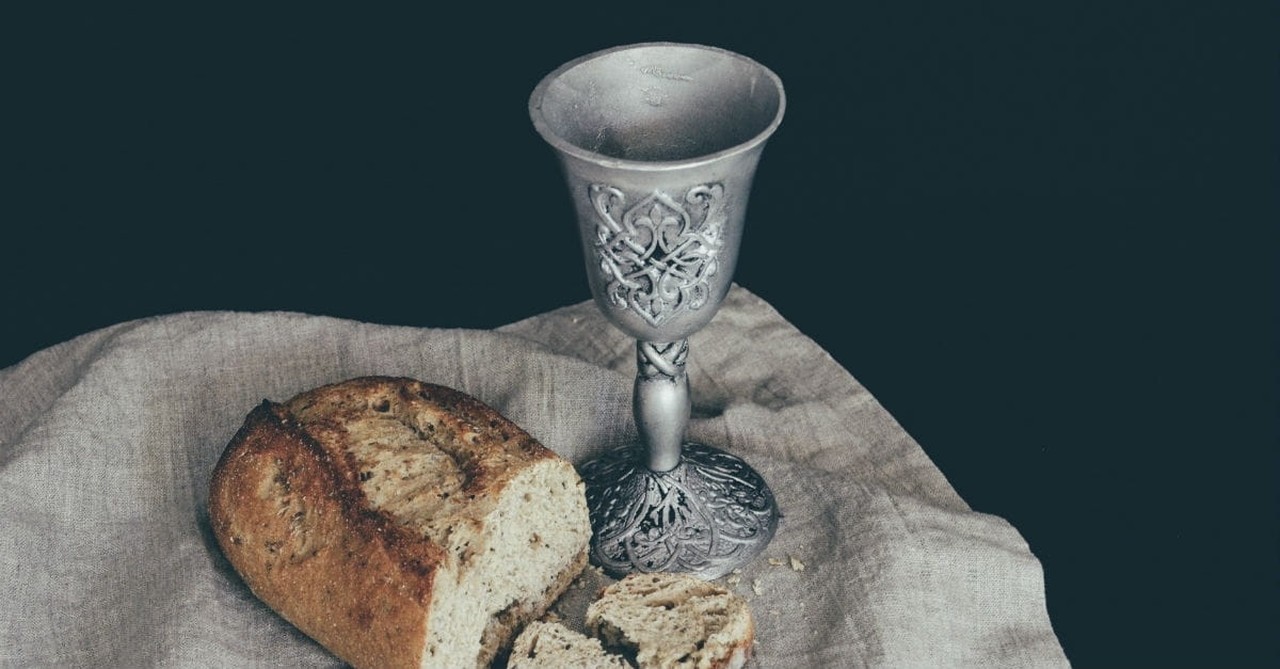
During Holy Week, on the night when Jesus gathered with his disciples in the upper room, he declared that through his shed blood there would come into existence a “New” covenant, a glorious reality described in some detail in Hebrews 8.
Here are some ten things about the New Covenant that all Christians should know.
*(Image Credit:©Unsplash/Debby Hudson)
1. It Began with Christ’s Sacrifice

1. It Began with Christ’s Sacrifice
SLIDE 1 OF 10
We know from Luke 22:19-20 that when Jesus offered up his body on the cross and poured out his blood so that we might be forgiven of our sins, he was inaugurating and establishing the New Covenant. Here is how Luke records it: “And he took bread, and when he had given thanks, he broke it and gave it to them, saying, ‘This is my body, which is given for you. Do this in remembrance of me.’ And likewise the cup after they had eaten, saying, ‘This cup that is poured out for you is the new covenant in my blood’ ” (Luke 22:19-20).
*(Image Credit:©Thinkstock/RomoloTavani)
2. The Old Covenant was Not "Bad"
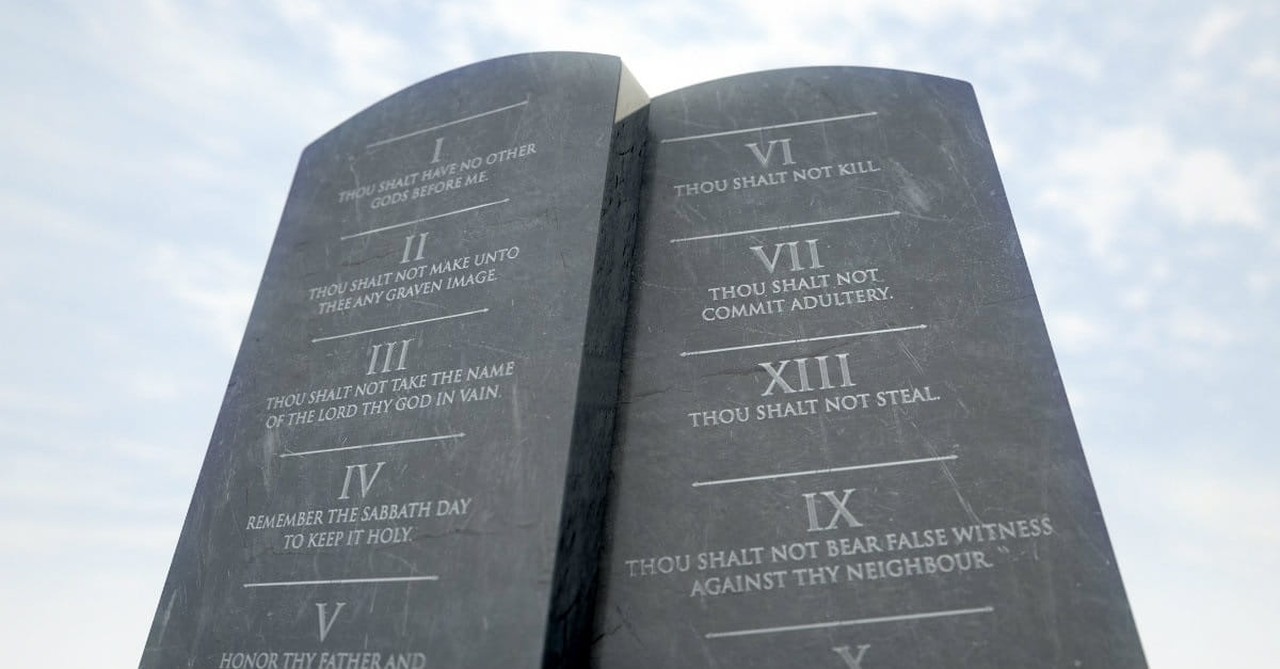
2. The Old Covenant was Not "Bad"
SLIDE 2 OF 10
But what need is there for a New Covenant between God and his people? Why wasn’t the Mosaic Covenant good enough for all people and for all time? In saying that the Old or Mosaic Covenant wasn’t “good enough” I’m not saying it wasn’t “good”. It was. It was an unprecedented blessing for the people of Israel. It provided them with laws to govern their behavior. It promised them spiritual and material and even military blessings if they obeyed that law and remained true to the covenant. God even instituted in that covenant the office of high priest so that the people would have someone to offer sacrifices on their behalf and represent them in the presence of God. That old covenant provided a sacrificial system in which the blood of bulls and goats at least temporarily enabled them to remain in fellowship with God. The Old Covenant under Moses was filled with grace, mercy, longsuffering, and love.
But the Old Covenant was temporary. It was designed by God with a built-in obsolescence. God never intended for the Old Covenant to last forever. He never intended for it to be the final revelation of his will for mankind. We know this because we read in Hebrews 8:5 that everything Moses did in constructing the Old Covenant tabernacle, together with its rituals and sacrifices, was only “a copy and shadow of the heavenly things.”
*(Image Credit:©Thinkstock/allanswart)
3. Jesus is the New High Priest

3. Jesus is the New High Priest
SLIDE 3 OF 10
"But as it is, Christ has obtained a ministry that is as much more excellent than the old as the covenant he mediates is better, since it is enacted on better promises. For if that first covenant had been faultless, there would have been no occasion to look for a second." - Hebrews 8:6-7
We read in Hebrews 8:6-7 that the very existence of this New Covenant is just one more proof or demonstration that the high priesthood of Jesus is superior to the high priesthood of Aaron and his descendants. The priestly “ministry” of Jesus is better than that of Aaron because the “covenant” he established and now mediates is better than that which came through Moses.
*(Image Credit:©Unsplash)
4. The New Covenant Connects with the Old
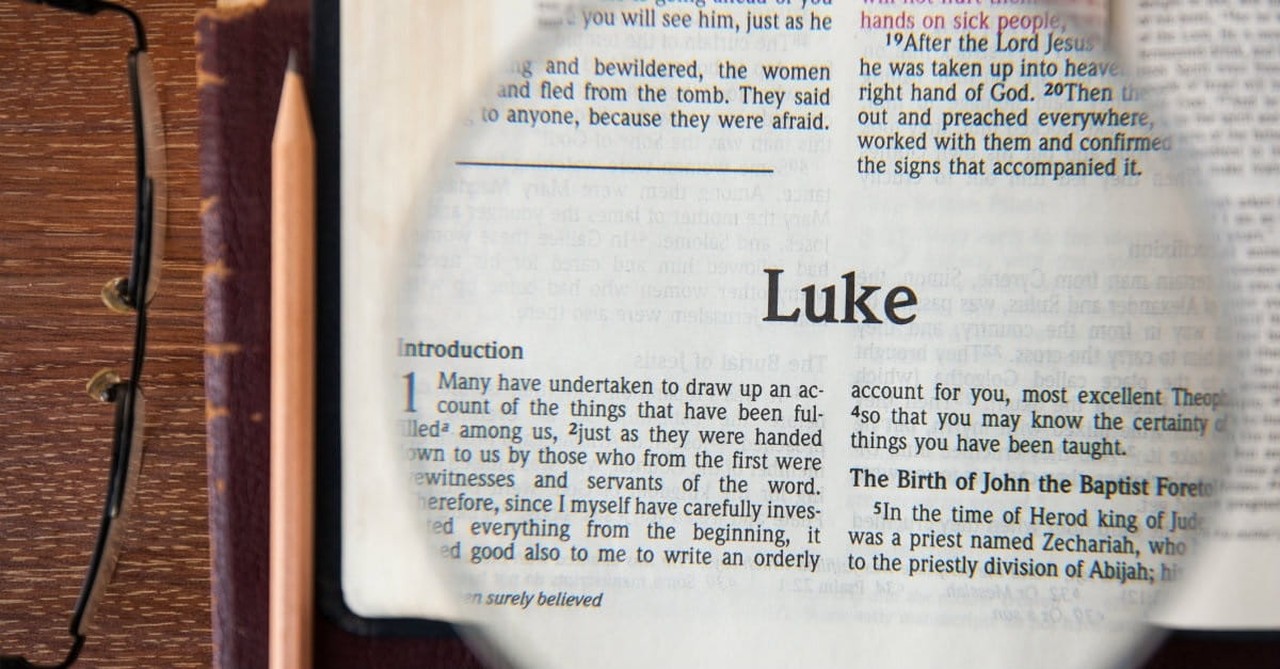
4. The New Covenant Connects with the Old
SLIDE 4 OF 10
I’m not happy with how the opening line of v. 8 is translated. I’m going to take issue with the ESV here, although I should point out that they make reference to this other possible translation in a footnote. Hebrews 8:8 should read, “For finding fault with it, he says to them.” God found fault with the covenant, not with the people. He just mentioned in v. 7 that the first or old or Mosaic covenant was not “faultless.” That is why there was a need for a second or new covenant. That point is then reaffirmed in v. 8.
*(Image Credit:©Thinkstock/aradaphotography)
5. The New Covenant is Built on Faith
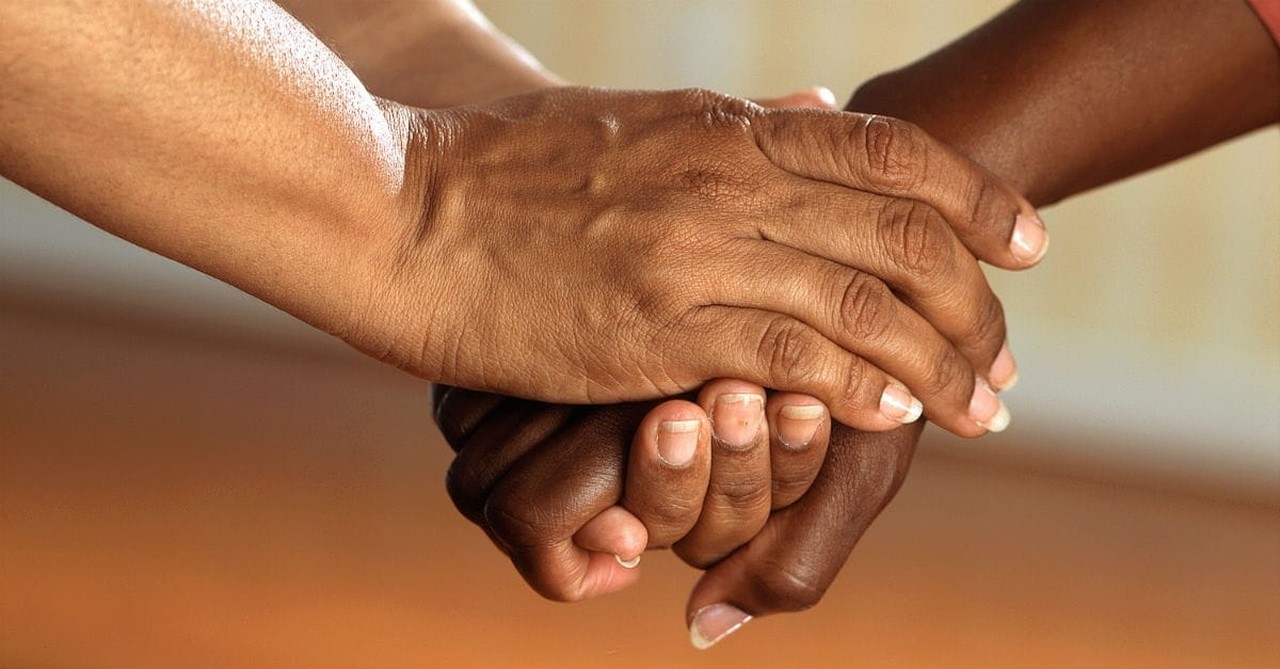
5. The New Covenant is Built on Faith
SLIDE 5 OF 10
We must also take note of the identity of those with whom this new covenant is made or established. In Hebrews 8:8 he says the new covenant is established or made “with the house of Israel and with the house of Judah.” But wouldn’t that mean that we, the Church of Jesus Christ, have no membership in this covenant and can’t benefit from its blessings? After all, most of us are Gentiles and have not descended physically from Israel or Judah. No, it means no such thing!
All ethnic Jews who believe in Jesus are members of the New Covenant. But so too are ethnic Gentiles who believe in Jesus. The blood in your veins no longer matters for anything. The only thing that matters is the faith in your heart: if you trust in Jesus, whether you are male or female, slave or free, Jew or Gentile, you are the seed of Abraham, the true Israel of God, and thus members of the New Covenant.
*(Image Credit:©Pexels)
6. The New Covenant is a Promise

6. The New Covenant is a Promise
SLIDE 6 OF 10
With the New Covenant comes the promise of an internal power. “I will put my laws into their minds, and write them on their hearts” (Heb. 8:10).
People during the time of the old covenant could obviously memorize the law of God, and many did. But this in itself didn’t come with a promise of power to obey what the law commanded. When he speaks about God himself writing the law on our hearts he means that our obedience will flow from a transformation that has occurred within us, by virtue of a power that God has himself provided. This means that every member of the New Covenant has been regenerated and has had the law of God placed on their minds and written on their hearts (on this see especially Ezek. 36:26-27).
In the new covenant, the will of God is inscribed on our heart, internally, experientially, in the sense that whatever God requires of us in terms of our obedience he provides for us in terms of the Spirit’s internal, enabling power.
*(Image Credit:©Thinkstock/jacoblund)
7. The New Covenant is about Personal Relationship

7. The New Covenant is about Personal Relationship
SLIDE 7 OF 10
With the New Covenant comes the promise of a personal relationship. “I will be their God, and they shall be my people” (Heb. 8:10; see also Rev. 21:3).
God isn’t just God. He’s not just there. He’s not simply the omnipotent, infinitely kind and gracious supreme being who created all things and upholds all things. What we rejoice in isn’t simply that God exists. Rather, he is my God! He is your God! He belongs to you. And I’m not just a human being. I’m more than a creature. God says of me: “Sam is mine!” God says of you: “Amy is mine! John is mine! Dustin is mine! They all belong to me!”
*(Image Credit:©Thinkstock/santypan)
8. The New Covenant Brings Intimate Knowledge
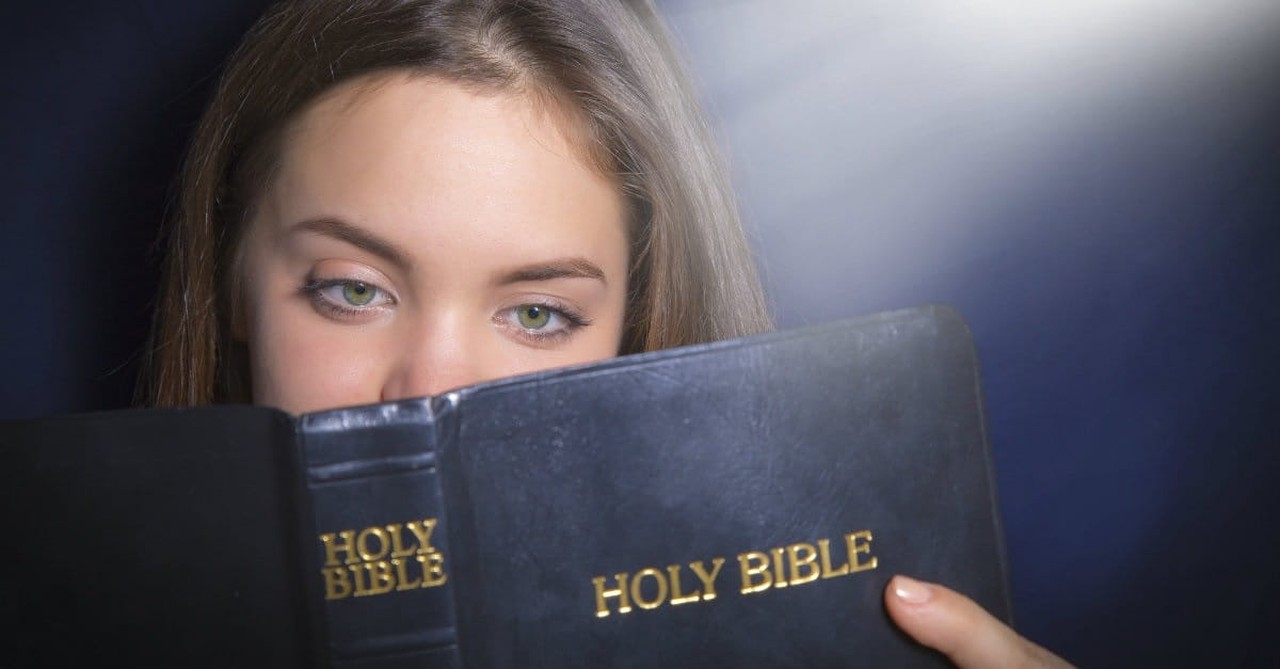
8. The New Covenant Brings Intimate Knowledge
SLIDE 8 OF 10
With the New Covenant comes the promise of an intimate knowledge. “And they shall not teach, each one his neighbor and each one his brother, saying, ‘Know the Lord,’ for they shall all know me, from the least of them to the greatest” (Heb. 8:11).
During the time of the Old Testament or Old Covenant, the people of God were a mixed community. That is to say, Israel was composed of both believers and non-believers. Not everyone who was circumcised in his flesh was circumcised in his heart. Again, this simply means that not everyone who received the physical sign of the old covenant was born again or regenerate.
This is why members of the nation Israel had to be exhorted to “know” the Lord. But under the New Covenant we encounter an entirely different situation. Every member of the New Covenant is a believer. Every member of the New Covenant has been born again. Notice what our author says: “they shall all know me, from the least of them to the greatest” (8:11).
*(Image Credit:©Thinkstock/PositiveFocus)
9. The Church Belongs to Every Nation

9. The Church Belongs to Every Nation
SLIDE 9 OF 10
This promise that every member of the new covenant will experience personal and first-hand intimate saving knowledge of God is one of the main reasons I believe that only believers should be baptized.
The Church is made up of men and women from every tribe and tongue and people and nation across the expanse of the globe. You and I have a deeper and more vital unity with a Christian living in the Sudan or in Germany than we do with any non-Christian who is a card-carrying citizen of the United States.
To say that every member of the New Covenant knows the Lord doesn’t mean that there aren’t in our midst people who claim to know Christ but don’t. But those who are genuinely saved and genuinely members of the New Covenant are all born again and justified by faith in Jesus.
*(Image Credit:Flickr.com)
10. The New Covenant is the Final Forgiveness
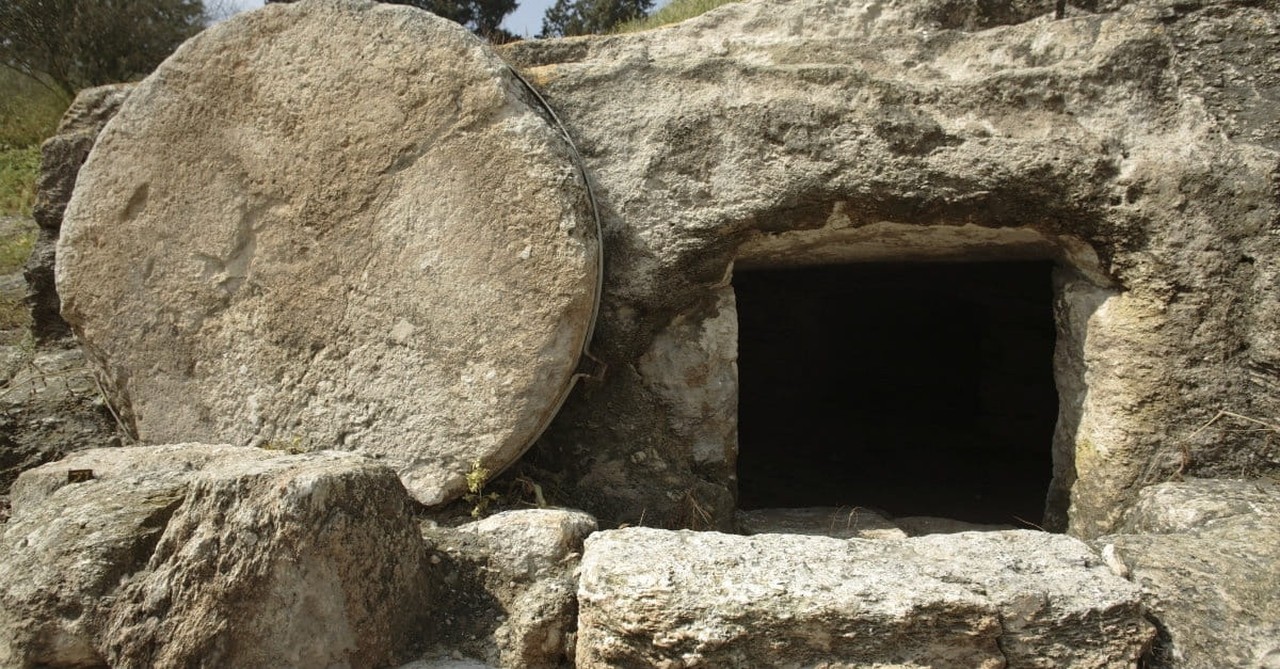
10. The New Covenant is the Final Forgiveness
SLIDE 10 OF 10
With the New Covenant comes the promise of final forgiveness of sins. “For I will be merciful toward their iniquities, and I will remember their sins no more” (Heb. 8:12).
The forgiveness of sins was not a new idea when Jeremiah recorded this prophecy. The people of Israel were quite familiar with the concept that God graciously wipes us clean of the guilt of our sins and refuses ever again to bring them up or to use them against us. If you have any doubts about this, read Psalm 51 or Psalm 103.
But under the old covenant forgiveness was never final and forever. One had to return year after year after year on the Day of Atonement (Leviticus 16) so that the high priest could continually slaughter an animal and place the blood of the sacrifice on the altar in the Holy of Holies. For an OT believer, it was wonderful to experience forgiveness for sins previously committed. But each person knew that with future sins there was a need for another, future sacrifice. The blood of bulls and goats could never perfectly purge their consciences.
But in the new covenant, established by the shedding of Christ’s blood, our sins are altogether and forever forgiven: past, present, future.
*Editor's Note: The following is an adapted version of 10 Things You Should Know about the New Covenant, to read the text version follow this link.
*(Image Credit:©Thinkstock/motimeiri)
Sam Storms is an Amillennial, Calvinistic, charismatic, credo-baptistic, complementarian, Christian Hedonist who loves his wife of 44 years, his two daughters, his four grandchildren, books, baseball, movies, and all things Oklahoma University. In 2008 Sam became Lead Pastor for Preaching and Vision at Bridgeway Church in Oklahoma City, Oklahoma. Sam is on the Board of Directors of both Desiring God and Bethlehem College & Seminary, and also serves as a member of the Council of The Gospel Coalition. Sam is President-Elect of the Evangelical Theological Society.
*Published 8/11/2017
Originally published August 26, 2018.









